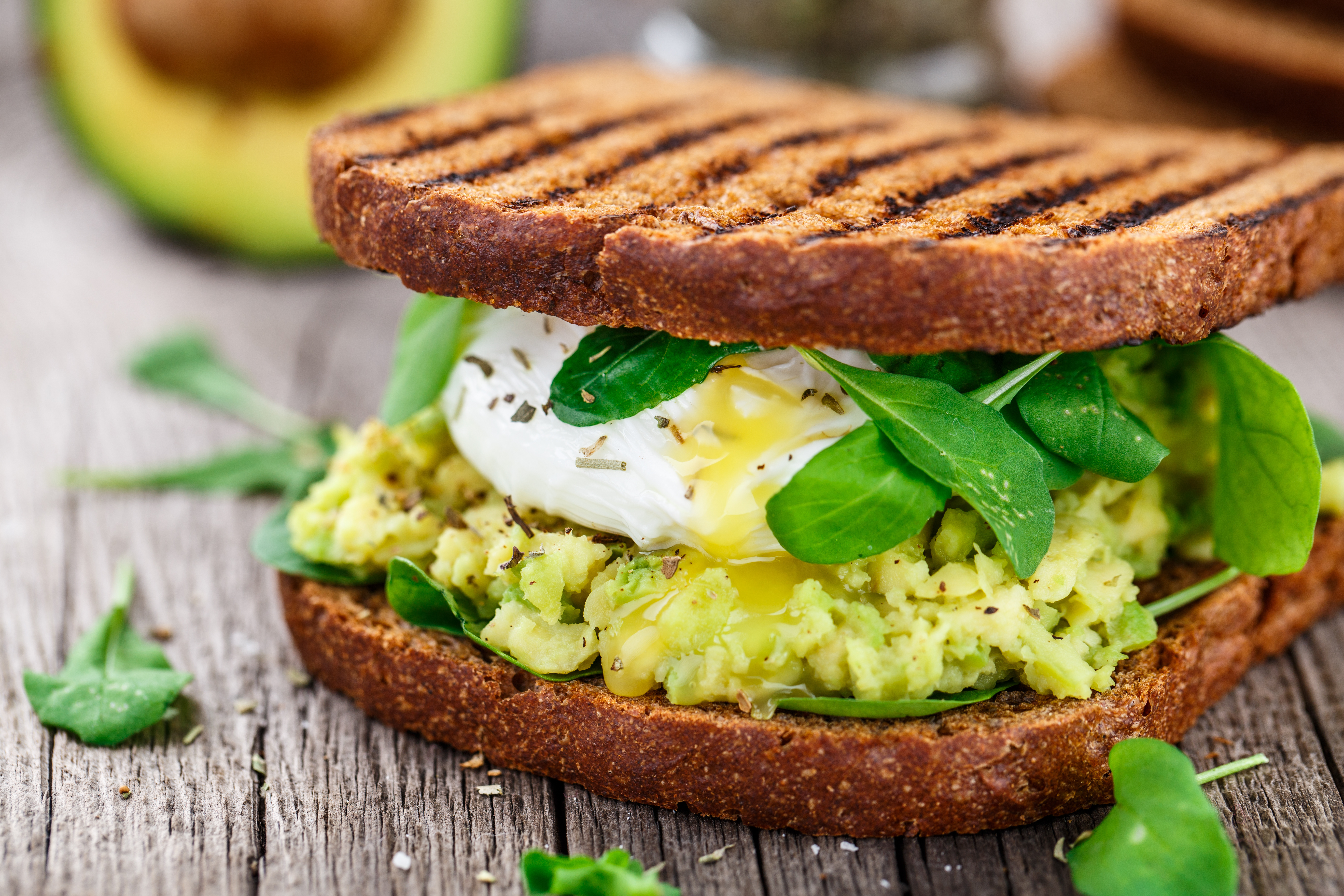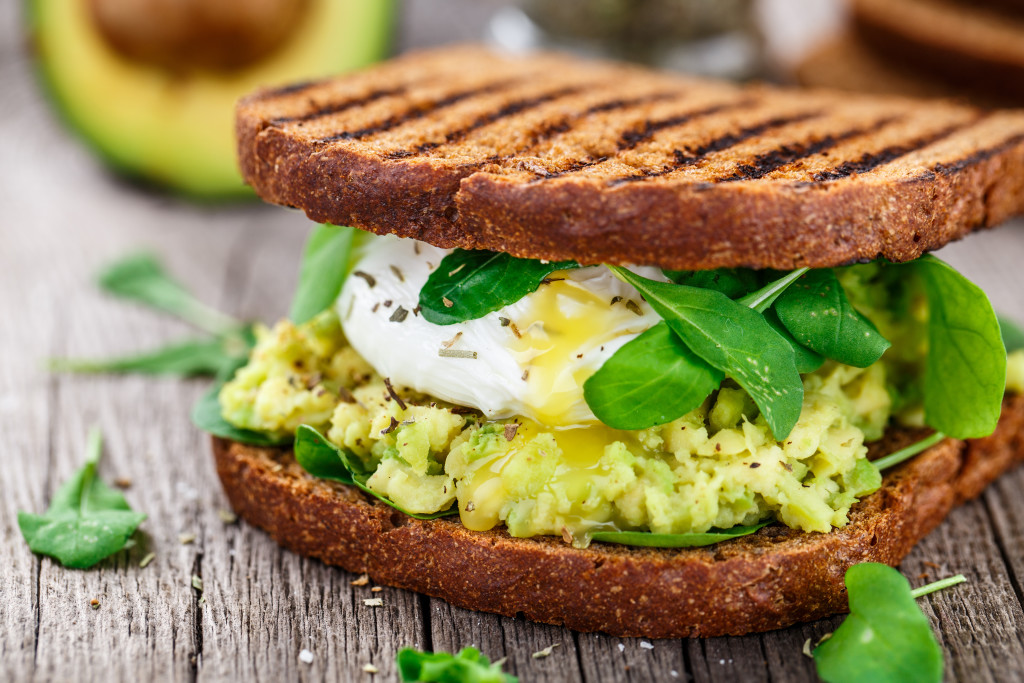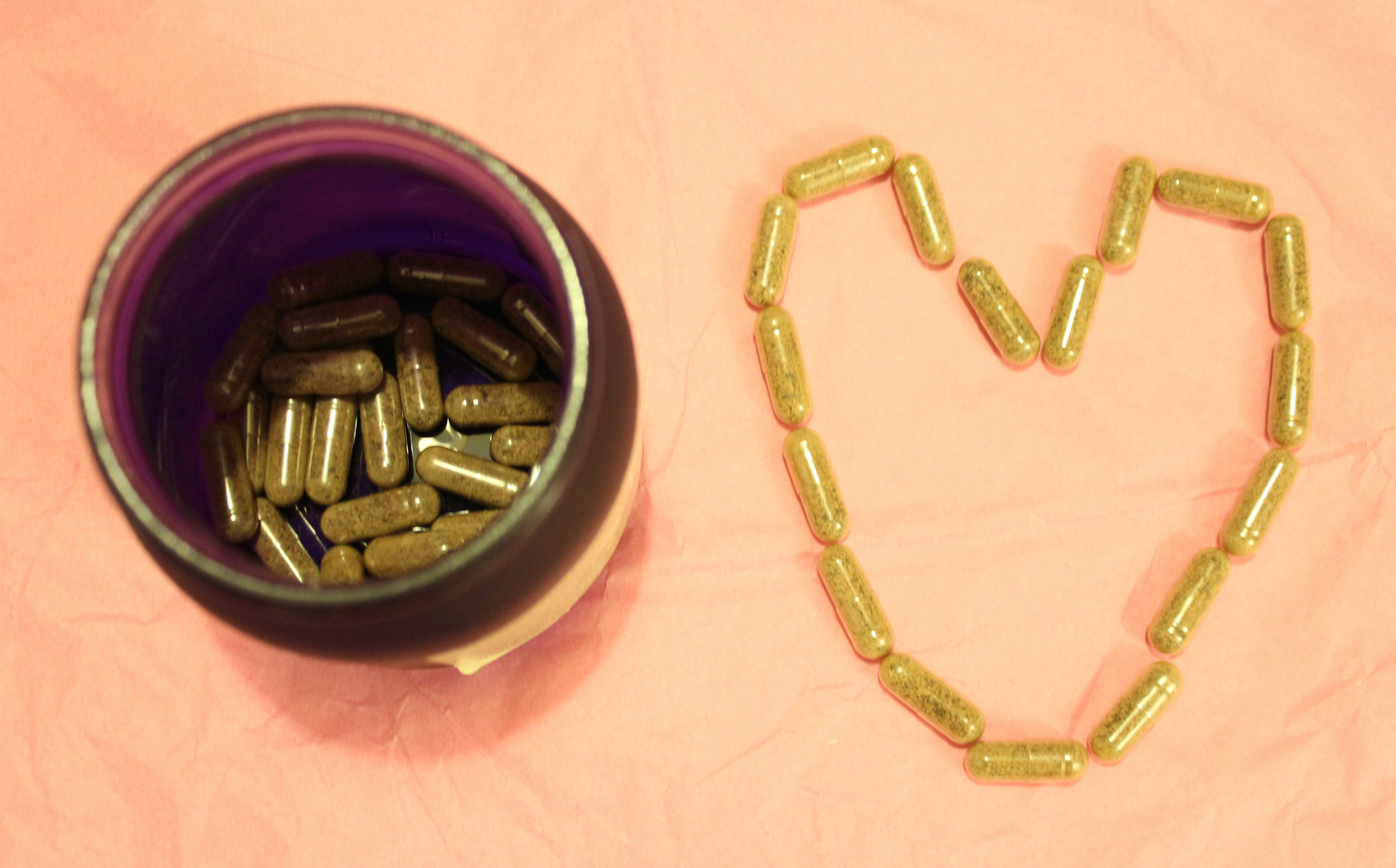Life is all about decisions. When it comes to your health, you have the ability to change it with every decision you make about how much sleep you get, how you respond to stress, and what you put in your body.
All of these factors play a key role in weight management.
Let’s say you were given a breakfast option of bacon and eggs or a bagel with low-fat cream cheese. Which do you choose to support your weight loss goals? The answer might not be as clear as you think.
How Do Carbohydrates Cause Weight Gain?
If you decided to go with the meal composed of a bagel and low-fat cream cheese, you may want to reconsider.
The reason why certain carbohydrates can make you gain more weight than protein is because they are digested faster than most other nutrients, especially refined and processed types. But because the majority of carbohydrates are broken down quickly, this is why you don’t stay full for very long and will need to eat again soon.
Once digested, carbohydrates that are used for energy tend to release a large amount of glucose into the bloodstream. This causes your body to produce insulin at a high rate, which causes your body to store fat in two ways.
First, the insulin that you secreted in response to eating that high carbohydrate meal signals fat cells to take in more fat from the blood stream. Next, insulin holds on to those fatty acids and prevents them from being released.
These two processes prevent you from becoming leaner and keep those unwanted pounds packed on. Not to mention dairy has been associated with allergies, skin problems and hormonal issues.
How Does Protein Keep You Lean?
Choosing the meal with bacon and eggs means your food won’t break down as quickly as a high carbohydrate meal does. Because fat and protein takes a long time to digest, it means that you stay fuller for a longer period of time and will be less likely to eat shortly after.
After eating your meal of bacon and eggs, your body breaks down the nutrients into small particles. Then, they are made into glycerol and fatty acids. There is no insulin spike in the blood to cause highs and lows, and ultimately, weight gain.
Because there is no spike in insulin after eating a meal of eggs and bacon, fat cells don’t retain fatty acids. Instead, the fatty acids are either used immediately for energy or stored in energy reserves for use later.
Further Evidence That Protein Keeps You Lean
Protein works to keep you thin by assisting in energy metabolism, energy intake, and metabolism. It may also improve cardiometabolic risk factors, and assist in the reductions of triglycerides, blood pressure, and waist circumference.
A high protein diet can also help prevent and treat obesity and metabolic syndrome by stabilizing energy expenditure, which helps prevent a cycle of weight loss and gain.
Research shows that when compared to a diet low in protein, a high-protein diet is associated with greater weight loss, increased loss in fat mass, and higher amounts of lean mass.
What Type of Carbohydrates Are Bad For Me?
Before you remove all carbohydrates from your diet, there are a few exceptions to the rule you should be aware of.
Evidence shows that beverages sweetened with sugar do not satisfy you in the same way as carbohydrates in solid form do, so be sure that water and herbal teas make up the majority of your fluid intake.
Carbohydrates and Fiber
Carbohydrates that are high in fiber have been associated with a less amount of weight gain compared to carbohydrates with a low fiber count. This is because fiber promotes feelings of fullness, which prevents you from eating more.
Fiber plays an important role in the secretion of insulin. Research even suggests that lack of fiber may be an underlying cause of obesity. Hyperinsulinemia is a common trait in obesity, which means that eating foods that cause excess insulin spikes may lead to obesity.
High fiber carbohydrate foods may cause a lesser spike in insulin than carbohydrates that are low in fiber. This is because fiber displaces some of the carbohydrates that are normally absorbed into the blood.
The best sources of fiber from carbohydrate rich foods tend to be;
- whole-grains,
- vegetables,
- legumes,
- and fruits.
Foods that are minimally processed will also ensure that you are getting the most fiber a food has to offer.
Carbohydrates to avoid include:
- high gluten breads,
- crackers, sweets, and baked foods,
- and any foods that have been packaged, deep fried, or heated to high temperatures in any way.
It’s always best to do the majority of your shopping in the fresh produce section. You can also find good sources of carbohydrates in the whole grain aisle. Look for plain brown rice, quinoa, and nuts and seeds, and instead of trying to avoid carbohydrates as that is not the point of this article, simply include healthier more fibre rich carbohydrates, as well as a variety of other macro and micronutrients to give you a well balanced, well rounded, and satisfying diet.




